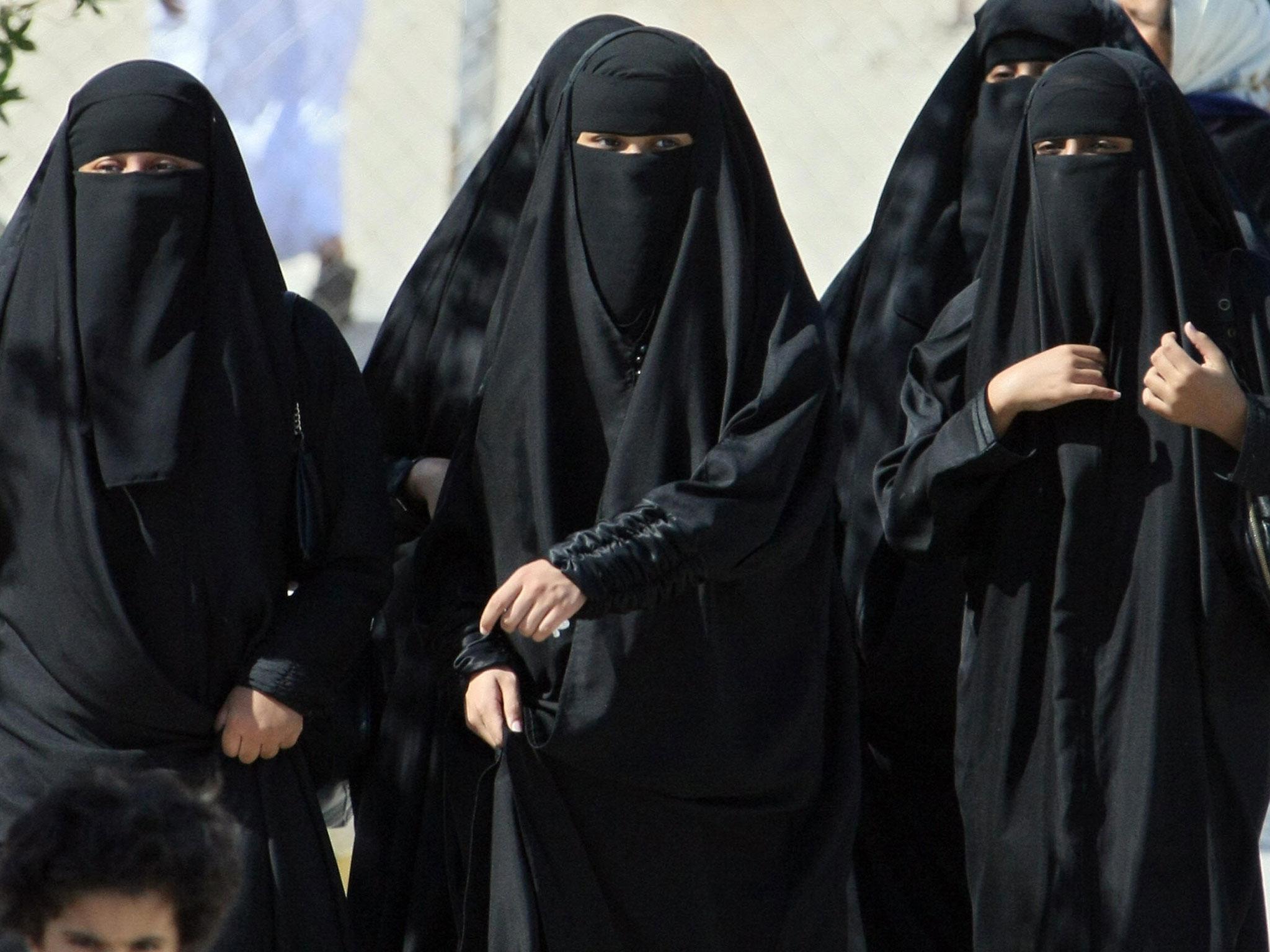Saudi Arabian women file petition with over 14,500 signatures to end male guardianship
'In every aspect, the important issue is to treat a woman as a full citizen'

Your support helps us to tell the story
From reproductive rights to climate change to Big Tech, The Independent is on the ground when the story is developing. Whether it's investigating the financials of Elon Musk's pro-Trump PAC or producing our latest documentary, 'The A Word', which shines a light on the American women fighting for reproductive rights, we know how important it is to parse out the facts from the messaging.
At such a critical moment in US history, we need reporters on the ground. Your donation allows us to keep sending journalists to speak to both sides of the story.
The Independent is trusted by Americans across the entire political spectrum. And unlike many other quality news outlets, we choose not to lock Americans out of our reporting and analysis with paywalls. We believe quality journalism should be available to everyone, paid for by those who can afford it.
Your support makes all the difference.More than 14,500 women in Saudi Arabia have signed a petition calling for an end to the country's male guardianship scheme.
Saudi law states that all women must have a male guardian, typically a husband, father or brother, who gives them permission to study, travel abroad or marry.
Leading women's rights campaigner Aziza al-Yousef delivered the petition to the royal court on Monday.
She told the BBC: "In every aspect, the important issue is to treat a woman as a full citizen."
A key part of the campaign, she said, is for an age between 18 and 21 to be chosen from which a point a woman should be "treated like an adult".
Ms Yousef and other campaigners first raised the issue five years ago.
"We never had a problem with campaigning, but the problem is there is no answer," she said. "But we always hope - without hope, you cannot work."
A Human Rights Watch report on male guardianship published in July found "a woman's life is controlled by a man from birth until death" in Saudi Arabia, which restricts their ability to pursue a career or make life decisions.
Despite limited reforms in 2009 and 2013 to decrease guardians' control over women, which included no longer requiring permission for women to work and making domestic abuse illegal, the report found the system remains largely in place, hindering the reforms.
The report led to a social media campaign, with women tweeting an Arabic hashtag translating to "Saudi women want to abolish the guardianship system" and the hashtag #IAmMyOwnGuardian.
Kristine Beckerle, one of the Human Rights Watch researchers who worked on the report, described the response as "incredible and unprecedented".
"I was flabbergasted - not only by the scale, but the creativity with which they've been doing it," she said. "They've made undeniably clear they won't stand to be treated as second-class citizens any longer, and it's high time their government listened."
The petition is yet to receive an official response from the ultra-conservative Islamic kingdom.
Join our commenting forum
Join thought-provoking conversations, follow other Independent readers and see their replies
Comments